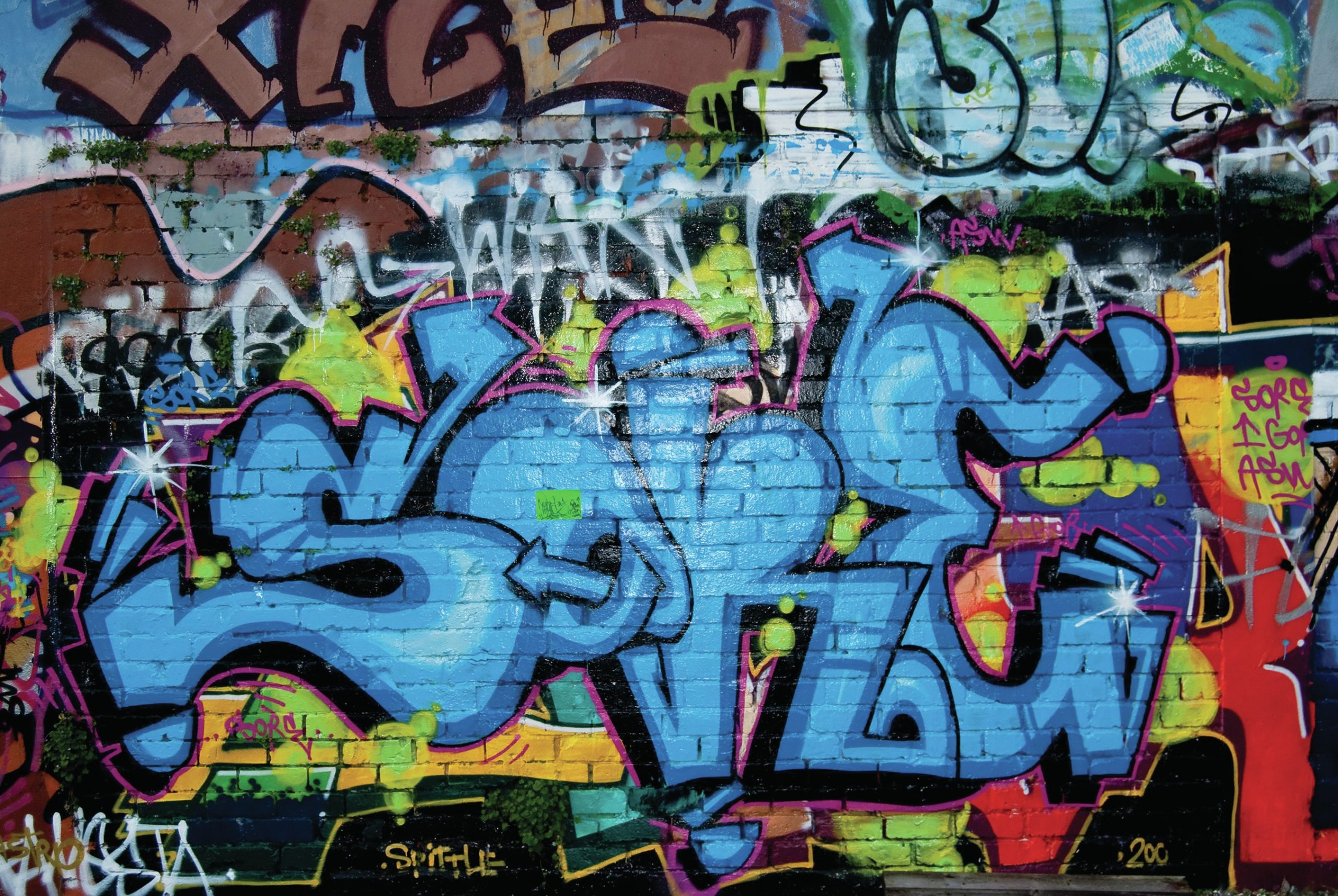
Culture may be defined as the particular ways social groups live within their economic, social and environmental circumstances. It is the set of practices, ideologies and values used by different groups to make sense of their world. Culture is dynamic—it changes and grows continually at both a local and a global scale. Cultural geography looks at the factors and processes influencing culture and the reasons for any spatial patterns.
Economic globalisation has made the same goods available all over the world and this suggests that a sort of homogenisation of culture may be occurring. Some academics think that mass production and consumption and easier access to the same product in an ever-shrinking world may damage cultural diversity. However, it has become obvious that local influences can alter the use and form of global goods. The fusion of local and mass culture is sometimes called ‘glocalisation’ (a mixture of globalisation and localisation). ‘Glocals’ is a new term used to describe the growing social class of elite migrants who travel and move homes frequently and therefore have both global and local aspects to their culture.
Your organisation does not have access to this article.
Sign up today to give your students the edge they need to achieve their best grades with subject expertise
Subscribe




